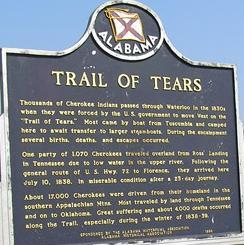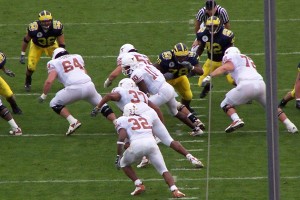Which kind of story is most likely to move you emotionally: fiction or non-fiction?
When you hear the story of The Trail of Tears where Native Americans were forcibly evicted from their native lands and made to march to present-day Oklahoma, do you feel their grief and pain as thousands of people died along the way because of racism and in order to satisfy a desire for their land?
There is something about a “true story” that always gets to me. I always seem to come away with a resolve. Perhaps it is my resolve to never mistreat someone, or a resolve to stand up for injustice. Whatever it is, I feel the impact of a powerful true story.
The true accounts of African-American slavery and Nazi cruelty always fill me with shame, dread, anger, and resolve.
Non-Fiction
However, does a fictional story have the same ability to move? I believe that the power of story is so compelling that even fiction can accomplish it. How do I know that? Because fictional stories have brought tears to my eyes. Ol’ Yeller still gets me right here. Fictional stories have made anger rise in me. These made-up stories have made me resolve to change some behavior. A fictional story like Love Story can even make me behave differently. A fictional story, then, can drive emotion, spur thought, and prompt action.
The Storyteller
The skill of the storyteller has a lot to do with this. A poor storyteller can ruin even the best of stories, regardless of whether it is fiction or non-fiction. Likewise, a great storyteller can work wonders with either type of story.
So What?
What’s the big deal? Well, if I can hear a story, whether fiction or non-fiction, and be moved to action, then I should be able to harness the power of story to make a positive impact in my life.
You and I have the ability to write stories. Even if you are not a writer of fiction, you have the capacity to create a great story of your future and to act in the present in order to bring it to pass. Since this ability is a uniquely human ability, we should use it to great advantage. Now is your future story, or forward story, fiction or non-fiction? Well, since it is in the future and hasn’t really happened yet, we will have to put it in the category of fiction. Just because your view of where you are going is fiction does not mean it is powerless to drive you into future-oriented behavior today that can help turn the fiction into non-fiction.
Anyone who has set a goal and then accomplished it has written a fiction about the future and then engaged in behaviors to turn fiction into reality.
That’s the big deal.
I am convinced it is a really big deal for all of us. Bigger than most of us realize.





